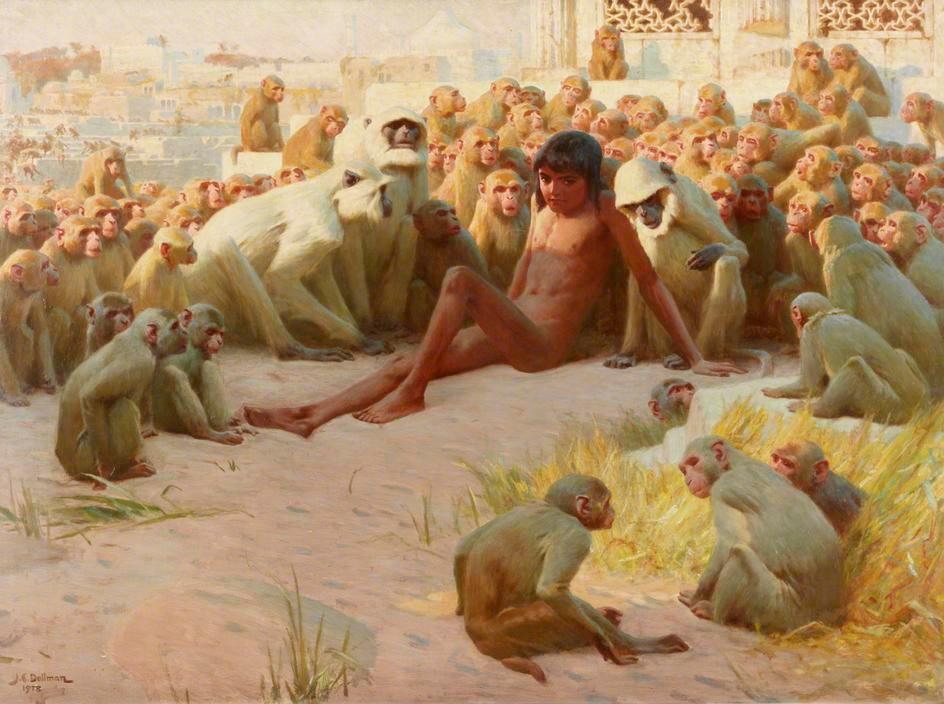The whole point in human beings’ reading, writing, and memorizing poetry is to become more human.
As the beating heart of the humanities, poetry measures the meters of existence, bringing us into closer contact with who we are as humans—as knowers and lovers. And the more we know about the human experience, the more in tune and in love with our humanity we become.





